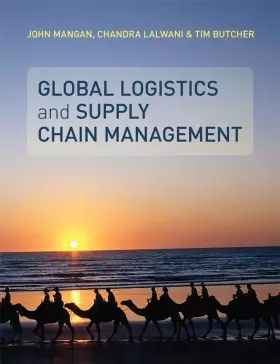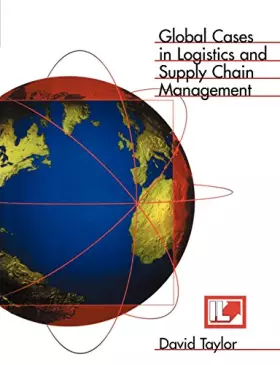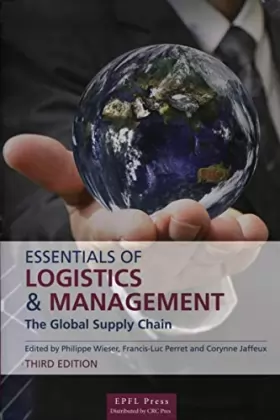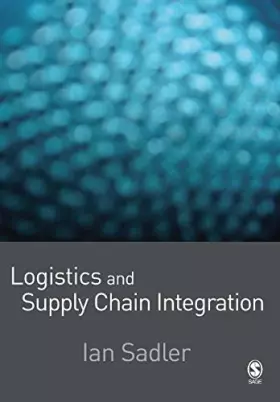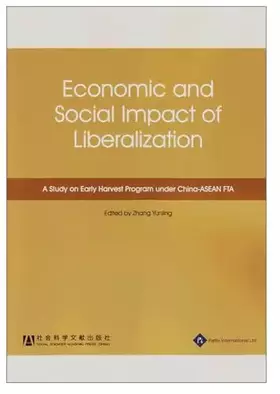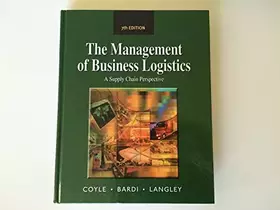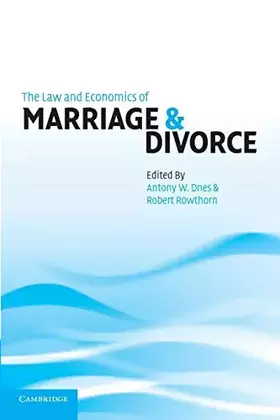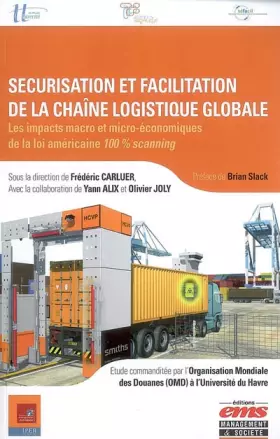
Global logistic chain security: Economic Impacts of the US 100% . Container Scanning Law
Frédéric Carluer
- EMS GEODIF
- 2008
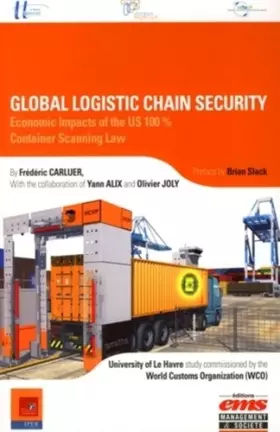
À propos
Cette étude fait la synthèse des premières réactions des professionnels du secteur face à l'initiative des USA pour sécuriser les flux conteneurisés. Le Congrès veut imposer en 2008 un scanning des marchandises dans les conteneurs à destination des USA, mesure qui s'applique directement aux ports étrangers.-
Jusqu'à 15 % de vos achats sont reversés à nos partenaires caritatifs. En savoir plus
-
Votre achat contribue à réaliser notre mission : "diffuser la passion de la culture. Avec chacun, pour tous". En offrant une seconde vie à ces produits, vous réduisez le gaspillage de papier et soutenez les actions de nos associations partenaires.
-
Livraison estimée en 2 jours ouvrés avec Colis Privé, Mondial Relay et Colissimo.



Livraison le lendemain du lundi au vendredi pour les commandes passées avant midi avec Chronopost.

-
Retours jusqu'à 30 jours après l'achat
-
Besoin d'aide ? Obtenez une réponse de notre service d'assistance dans les 24 heures pendant les jours ouvrables.
-
Paiement sécurisé





-
ÉditeurEMS GEODIF
-
ISBN-102847690964
-
ISBN-139782847690965
-
FormatBroché
-
Année2008
-
Pages212
-
ÉtatTrès bon
-
DescriptionAncien livre de bibliothèque. Légères traces d’usure sur la couverture. Edition 2008.
-
AuteurFrédéric Carluer
-
LangueFrançais
-
TypologiesLivre
-
RéférenceE-979-600
-
Notre mission est de "Diffuser la passion de la culture. Avec chacun, pour tous." Cela signifie que chaque achat que vous effectuez chez nous contribue à la réalisation de cette mission ambitieuse.
Acheter sur ammareal.fr va au-delà de l'acte d'achat lui-même. C'est un engagement en faveur de la culture, de l'éducation, de l'inclusion sociale, de la durabilité environnementale et de l'économie circulaire. Rejoignez-nous dans notre mission et faites partie de la communauté qui partage notre passion pour la culture et notre engagement envers un monde meilleur pour tous.
-
Un produit culturel d'occasion est un bien culturel préalablement possédé par un tiers et qui est proposé à la vente. Ces produits comprennent des livres, des CD, des DVD et d'autres supports culturels. Ils sont soigneusement vérifiés pour s'assurer de leur qualité et de leur état avant d'être mis en vente sur notre site. En choisissant des produits culturels d'occasion, vous contribuez à la réduction de la consommation de ressources et à la promotion d'une démarche écocitoyenne en prolongeant la durée de vie des biens culturels existants.
-
Les produits que vous trouvez sur notre site proviennent de diverses sources écocitoyennes, notamment des particuliers, des bibliothèques, des médiathèques, des associations, des entreprises et d'autres partenaires engagés dans une démarche de durabilité. Nous mettons un point d'honneur à promouvoir la réutilisation et le recyclage des biens culturels, contribuant ainsi à la préservation de l'environnement tout en offrant des produits culturels de qualité à nos clients.
-
Notre politique de retour est conçue pour garantir votre satisfaction en tant que client. Chez ammareal.fr, nous comprenons que parfois, un article peut ne pas répondre à vos attentes. C'est pourquoi nous vous offrons la flexibilité d'une politique de retour pouvant aller jusqu'à 30 jours.
Retrouvez plus d’informations sur notre page dédiée à la politique de retour .
-
Nous offrons deux modes de paiement pratiques pour faciliter vos achats :
Paiement par carte bancaire : Nous acceptons les principales cartes de crédit et de débit, ce qui vous permet de régler vos achats en toute sécurité et simplicité en utilisant votre carte préférée.
PayPal: Si vous préférez utiliser PayPal, vous pouvez sélectionner cette option lors de la finalisation de votre commande. PayPal offre une sécurité accrue pour vos transactions en ligne.

